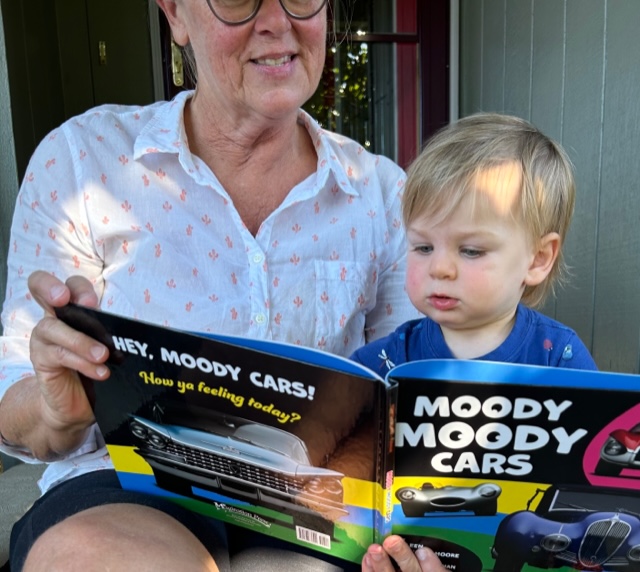color: #ea404d;
text-decoration: none;
}
.redcircle-link:hover {
color: #ea404d;
}
.redcircle-link:active {
color: #ea404d;
}
.redcircle-link:visited {
color: #ea404d;
}
Powered by RedCircle
Boys are twice as likely as girls to be friendless in middle school. And by adulthood, 1 in 5 men say they don’t have any close friends.
Friendship matters for guys too – but clearly, boys face some unique challenges. “Boys & men have special challenges because of the image of how they’re ‘supposed to be,'” says Dr. Eileen Kennedy-Moore, a psychologist and author who may be better known as Dr. Friendtastic. Some boys, for instance, love rough & tumble play. But 40% of boys don’t like it & may struggle to connect with other boys who like to roughhouse. Additionally, adult women (including moms and teachers) often misinterpret “play fighting” as real fighting and stop it, even though the involved boys may be forging or solidifying friendships.
“We have to be careful about being judgemental of boys’ play and boys’ imagination,” Eileen says.
Supporting Boys’ Friendships
One of our fundamental jobs as parents, Eileen says, is “teaching them how to be in relationships.”
Parents of young boys can help them connect with other children who have similar interests.You “have have a lot of influence on their social lives by creating opportunities,” she says. “Use your deep knowledge of your son & try to figure out what he enjoys doing that he can do with other kids.”
That step is especially important if your son doesn’t naturally connect with the kids in his school or neighborhood. “I always, always, always recommend multiple groups of friends, if we can manage it,” Eileen says. “The ups & downs of friendship are inevitable, and we want them to have options.”
You can also help boys understand how their actions and words contribute to conflicts, by calmly sharing your observations and asking them to share their perspective and imagine their friends’ perspective. If you son has hurt someone physically or emotionally, asking “what can you do to help him feel better?” both underscores the importance of relationship repair and helps him brainstorm ways to ease his friend’s pain.
Keep in mind: Negotiation and compromise don’t become the main way kids’ resolve conflict until age 19. That doesn’t mean you can’t work on those skills before then; you should! It means that kids will continue to need our support to navigate friendship challenges for many years.

In this episode, Jen, Janet, & Eileen (Dr. Friendtastic) discuss:
- Common friendship challenges for boys
- Rough & tumble play
- Helping boys connect with friends
- Managing “gun play” and “violent play”
- The importance of friendship
- Bullying
- Forgiveness guidelines
- Online friendships
Links we mentioned (or should have) in this episode:
drfriendtastic.com — includes links to the Dr. Friendtastic podcast
eileenkennedymoore.com — includes free articles, videos, & links to all of Eileen’s books
The Art of Roughhousing (w Dr. Lawrence Cohen) — ON BOYS episode
Weapons Play is Okay — Building Boys blog post
Common Sense Guidelines for “Gun Play” — Building Boys blog post
Teaching Boys Social Skills — ON BOYS episode
Sponsor Spotlight: Better Help
Therapy to help you live a more empowered life. Go to BetterHelp.com/onboys to save 10%
Sponsor Spotlight: Essential Labs
Use code ONBOYS to save 15%
Sponsor Spotlight: Factor
Use code ONBOYS50 for 50% off


